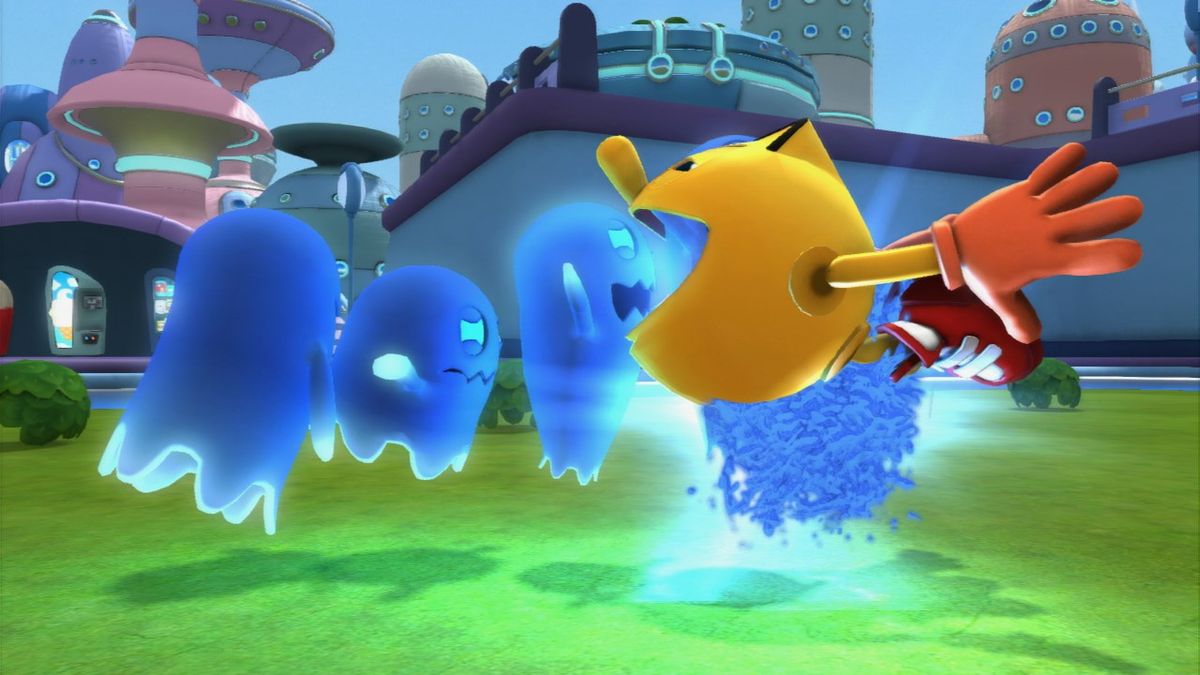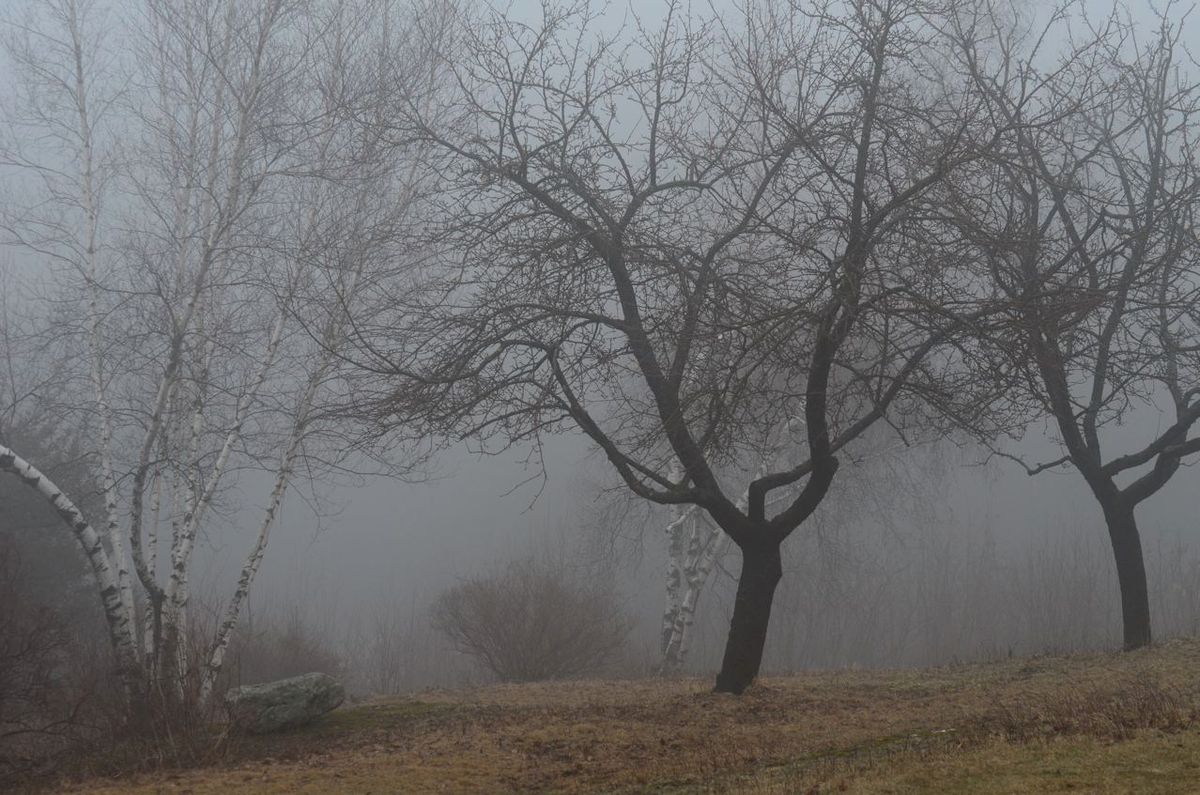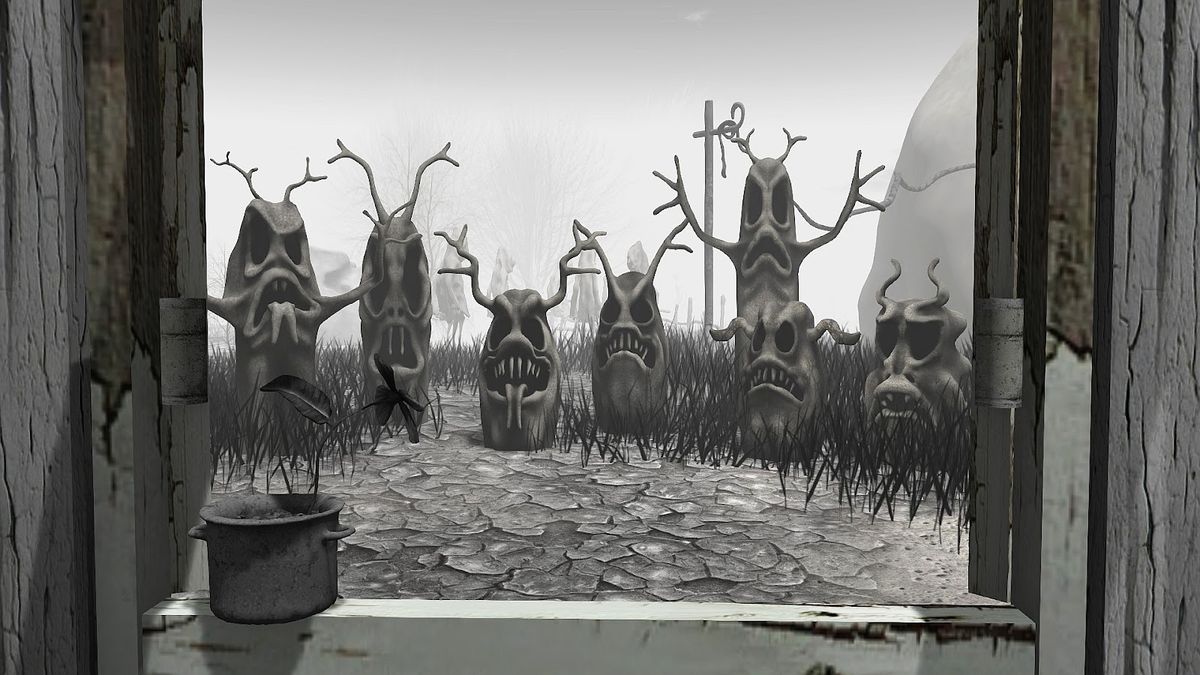In the article ‘The Silent Fade-Out: A Playlist of Songs About Ghosting,’ we delve into the heart-wrenching phenomenon of ghosting, where one person ends a relationship by suddenly and without explanation withdrawing from all communication. Through personal anecdotes, a debate on the ethics of ghosting, and a curated selection of music, we explore the emotional landscape of this modern dating dilemma. The playlist features artists who have captured the essence of ghosting in their lyrics and melodies, offering solace and understanding to those who have been left in silence.
Key Takeaways
- Recognizing the prelude to ghosting involves being aware of nonverbal cues and a decline in warmth in communication.
- Ghosting can be viewed from different perspectives, including its moral implications and its relation to past trauma.
- Artists like Lovett and Jacob Slater use their music to paint sonic pictures that evoke the feelings associated with ghosting.
- Songs about ghosting often blend melancholy melodies with lyrical narratives that resonate with the listener’s personal experiences.
- The aftermath of ghosting can be embraced through music, with songs that provide a sense of closure and reflection.
The Prelude to Ghosting: Spotting the Signs

MJ’s Personal Encounters with Ghosting
MJ’s journey through the ghosting landscape is as personal as it gets. He’s been on the receiving end of that sudden radio silence more times than he’d care to admit. But instead of dwelling on the hurt, he’s turned his experiences into a learning curve. He shares that often, ghosting doesn’t come out of the blue; it’s preceded by a series of subtle signs.
- The decline in message warmth
- Plans becoming more platonic
- Nonverbal cues that hint at disinterest
MJ emphasizes the importance of staying attuned to these signals. They’re like breadcrumbs leading to the inevitable, and recognizing them early can save you from a bigger heartache down the line.
Give yourself permission to phrase ‘no’ in whatever format feels most comfortable to you. The priority becomes honoring what you actually want or don’t want to do.
He also advocates for self-empowerment in communication. It’s about finding the courage to express your needs and boundaries in a way that feels right for you. Whether you’re on the verge of ghosting someone or suspect you’re about to be ghosted, MJ’s insights offer a roadmap to navigate these murky waters with grace and self-respect.
Reading Between the Lines: The Decline in Warmth
Ever noticed how the temperature of a conversation can take a nosedive without a single word about the weather? It’s all in the subtext, the cooling off of those once fiery exchanges. MJ points out that a drop in the warmth of texts and a shift towards more platonic plans can be the smoke before the fire of ghosting.
- Pay attention to the frequency of messages; a sudden decrease is a red flag.
- The tone of conversations can shift from personal to impersonal.
- Plans that used to be exciting now seem to be made out of obligation.
It’s like the emotional equivalent of mismatched clothing in a relationship – something just doesn’t fit anymore. And just like signs of domestic violence, these cues call for vigilance. They’re the nonverbal whispers of a looming silence.
The Nonverbal Cues You Might Be Missing
Ever been on a date and felt like something was off, but couldn’t quite put your finger on it? You’re not alone. Nonverbal cues are often the silent alarm bells of impending ghosting. Here’s what to watch out for:
- A decline in eye contact can signal a loss of interest or discomfort.
- If your date’s laughter doesn’t reach their eyes, it might be forced politeness rather than genuine amusement.
- Pay attention to body language. Closed-off postures, like crossed arms, could indicate a desire to protect oneself from further emotional investment.
Remember, it’s not just about what they say, it’s about how they say it. The warmth in their texts, the enthusiasm in their plans – when these start to wane, take note.
And it’s not just about spotting the bad. Positive nonverbal cues, or ‘green flags’, can be just as telling. A date who makes you feel at ease, who brings a fun energy that allows you to be yourself, is showing signs of genuine interest. So, trust your gut. If you’re exerting yourself to keep a dying conversation alive, it might be time to reassess. After all, dating should feel like an equal exchange, not an emotional performance.
The Ghosting Debate: Is It Ever Justifiable?

MJ’s Take on the Morality of Ghosting
MJ doesn’t outright condemn ghosting. He acknowledges the pain that can come from someone disappearing without a word, but he also recognizes that not everyone is equipped to handle confrontations, especially if they’ve faced past traumas. Here’s a breakdown of his perspective:
- Ghosting is a complex issue, not black and white.
- It’s essential to be aware of the nonverbal cues that hint at a looming ghost.
- Giving yourself permission to say ‘no’ in a way that feels right is crucial.
MJ’s stance is that while ghosting can cause real hurt, it’s also a part of the modern dating landscape that we need to accept. He suggests that by staying alert to the subtle changes in communication, we might foresee a ghosting scenario.
MJ emphasizes the importance of honoring our feelings and setting boundaries that reflect our best interests, rather than just trying to please others.
Ultimately, MJ believes that ghosting isn’t a moral failing but a sign that we need to be more attuned to our needs and the needs of others.
Understanding Ghosting from a Trauma Perspective
When we peel back the layers of ghosting, we often find a tapestry of trauma woven into the narrative. It’s not just about someone’s lack of manners or empathy; it’s about their battle scars from past relationships or life experiences. MJ doesn’t shy away from this complex truth. He acknowledges that while ghosting can inflict real hurt, not everyone is equipped with the emotional tools to handle confrontation or disappointment head-on.
- Ghosting is sometimes a silent scream for space, a way to avoid repeating past pains.
- It’s a protective mechanism, albeit a flawed one, for those who fear the vulnerability of a proper goodbye.
- Recognizing this can shift our perspective from one of blame to one of understanding.
While we can’t condone ghosting, we can strive to understand its roots in trauma. This doesn’t excuse the behavior, but it does offer a lens of empathy through which to view it.
The Reality of Ghosting in Modern Dating
In the whirlwind of modern dating, ghosting has become a reality we can’t ignore. It’s a silent exit, often leaving a trail of confusion and hurt feelings. MJ, in his candid discussions, acknowledges that while ghosting can cause real pain, it’s sometimes a method used by individuals who lack the means to face disappointment head-on, especially when past trauma is at play.
- Look out for the decline in warmth in texts and a shift towards more platonic plans.
- Recognize that nonverbal cues might hint at an impending ghosting scenario.
- Understand that the fast-paced nature of today’s dating can amplify emotions, making ghosting feel even more intense.
Embracing the existence of ghosting as part of the dating landscape doesn’t mean we condone it, but rather that we’re aware of its presence and the complexities it brings to relationships.
Remember, it’s not just about the act itself, but also about staying attuned to the subtle signs that precede it. Whether it’s through the nonverbal cues we might miss or the gradual change in communication, being aware can help us navigate these murky waters. And when all else fails, sometimes finding solace in a melancholic melody can be the balm for a ghosted soul.
The Soundtrack of Disappearance: Artists Painting Sonic Pictures

Lovett’s Lyrical Evocation in ‘The Dead Can’t Rest’
When you hit play on ‘The Dead Can’t Rest’, you’re immediately transported to a place where the echoes of ghosting are almost tangible. Lovett’s mastery in weaving a haunting narrative is evident from the get-go. The song lurches forward, propelled by bleating organ shots that set a somber mood, perfectly capturing the essence of a silent fade-out.
- The track’s evocative lyrics are a testament to Lovett’s songwriting prowess.
- A melody that lingers, ‘The Dead Can’t Rest’ is a tune that’s hard to shake off.
- It’s a musical journey that mirrors the emotional rollercoaster of being ghosted.
The beauty of this song lies in its ability to resonate with those who’ve felt the cold shoulder of a sudden disappearance. It’s a sonic representation of the void left behind.
Lovett’s ability to paint a sonic picture is unmatched, making ‘The Dead Can’t Rest’ a standout track that not only tells a story but also encapsulates the bewildering experience of ghosting.
Jacob Slater’s Echoing Emptiness in ‘Pinky, I Love You’
Jacob Slater’s Pinky, I Love You is a hauntingly sparse track that resonates with the hollow feeling of being ghosted. The simplicity of acoustic guitar paired with Slater’s raw vocals creates an intimate yet desolate soundscape, as if the listener is wandering through the remnants of a once warm connection now gone cold.
- The track’s minimalism is its strength, allowing every strum and breath to be felt.
- Slater’s ability to convey emotion through simplicity is a testament to his artistry.
- The echoing quality of the song mirrors the emptiness one feels when left without closure.
The song’s atmosphere is thick with the weight of unspoken words and the shadows of absence. It’s a musical embodiment of the silence that follows an unexpected departure.
While the album offers a variety of moods, it’s the title track that stands out for its ability to encapsulate the ghosting experience. From the hooky lead guitar that seems to search for something out of reach, to the heavenly harmony vocals that underscore the solitude, Slater’s work is a poignant reflection on the theme of disappearance.
The Melancholic Strains of ‘South Carolina’ by Sam Wilbur
Sam Wilbur’s ‘South Carolina’ is a hauntingly beautiful track that perfectly encapsulates the feeling of being left behind. With its rich blend of piano and fiddle, the song paints a vivid Americana soundscape that’s both familiar and heart-wrenchingly new. The competing vocal lines add a layer of complexity, mirroring the tangled emotions of ghosting.
- The piano sets a somber tone, echoing the loneliness of abandonment.
- Fiddle strings weave through the melody, like memories that refuse to fade.
- Vocal harmonies bring a poignant sense of yearning, as if calling out to the ghost.
In the quiet spaces between the notes, we find the echoes of our own experiences with ghosting. The song doesn’t just tell a story; it invites us into the narrative, making us participants in the melancholy.
Whether you’re the one who’s disappeared or the one left to wonder, ‘South Carolina’ offers a musical embrace that understands the complexity of these emotions. It’s a track that doesn’t shy away from the pain, but instead, acknowledges it with every chord.
Melodies of Melancholy: Songs That Echo Ghosting

Faye’s Solo Work: A Study in Heartbreak
Faye’s solo journey through the landscape of love and loss is a masterclass in musical heartbreak. Her tracks, like "Kill the Motherfucker That Breaks Your Heart" and "If We’re On Fire (Let It Burn)," resonate with anyone who’s felt the sting of a sudden silence. The standout "PTSD (Post Touring Singer’s Depression)" wraps you in its languid feel, while the subtle hooks catch you off guard, much like the unexpected ghosting in a relationship.
The melodies in Faye’s work are not just songs; they’re the echoes of love’s aftermath, the sound of coping when words fail.
"Jackie and Tina" brings a different energy, with its rock and roll heart beating strong against the melancholy. And when you dive into "The Devil Made the World While God Was Sleeping," you’re transported to a British nineties indie scene, with guitars that seem to reach out from another realm. The ‘oh oh’s that lead into "Time To Let" are a siren call to those who know it’s time to move on.
Faye’s music is a testament to the resilience of melody. Whether it’s the in-your-face guitar of "Please Come Back To Me" or the haunting harmonies of "Fell In Love," each track is a step through the stages of ghosting grief. And for those who wonder about the raw power of these tunes, strip them down to an acoustic guitar. Songs like "Not Fair" and "I’ll Be Back Again Someday" stand tall, unadorned and honest, much like the journey through heartbreak itself.
The Nostalgic Nineties Vibe of ‘The Devil Made the World’
Dive back into the nineties with a track that’s a pure throwback to the era of grunge and glitter. ‘The Devil Made the World’ wraps you in a blanket of nostalgia, with its guitar riffs that scream alternative rock and lyrics that speak to the soul of anyone who’s ever felt left behind.
- The opening chords set the stage for a trip down memory lane.
- Lyrics that resonate with the pain of being ghosted, yet carry a tune that makes you want to sing along.
- A melody that stays with you long after the song ends, like the echo of a memory.
This song isn’t just a journey through the past; it’s a reminder of the times we’ve all felt invisible, underscored by a beat that refuses to be ignored.
With every strum, ‘The Devil Made the World’ captures the essence of an era where music was an outlet for the emotions we couldn’t express. It’s a tribute to the power of songs to encapsulate feelings of abandonment, all while making you want to dance away the heartache.
Cult Figures’ Indie Poprock Smoothness in ‘Mr. Producer’
Diving into the indie poprock realm, Cult Figures deliver a track that’s as smooth as it is catchy. ‘Mr. Producer’ stands out with its effortless blend of melody and clever lyrics, reminiscent of a time when mixtapes were the ultimate musical love letters. The song’s infectious rhythm is a nod to the band’s roots, harking back to their status as a cult figure of the early ’80s tape network.
- The track’s indie poprock smoothness is undeniable, making it a staple for any playlist about ghosting.
- Its lyrical content captures the essence of an unspoken goodbye, perfect for those moments of reflection.
The song encapsulates the feeling of being left in the lurch, with a tune that stays with you long after the last note has faded.
Whether you’re reminiscing about the past or simply enjoying the polished production, ‘Mr. Producer’ is a track that deserves a spot on your radar. It’s a musical journey that takes you through the highs and lows of relationships, all within the span of a few minutes.
The Aftermath Anthems: Embracing the End with Music

The Poprock Still Life of ‘Chameleon’
The album opener Chameleon sets the tone with its meticulously crafted poprock essence, painting a still life in vibrant musical hues. The track is a masterful blend of catchy hooks and a melodic depth that belies its upbeat surface.
- Chameleon offers a sonic tableau that’s both reflective and energetic.
- The tune carries an undercurrent of punky vibes, yet it’s the melody that takes center stage.
- It’s a song that could easily become a hit single, with its potential to resonate across diverse audiences.
In the realm of poprock, Chameleon stands out as a chameleon itself, adapting to the listener’s mood, yet always maintaining its colorful core.
The album as a whole navigates through various shades of poprock, from the punk-infused tracks to the more mellow tunes that invite you to dim the lights and let the melody wash over you. Whether it’s the Fountains of Wayne-esque Breezy or the punky resonance of I Don’t Want to Grow Apart, there’s a harmonious complexity woven throughout.
Finding Melodic Depth in Punk with ‘Fractured Fairy Tales’
Dive into the punky resonance of ‘Fractured Fairy Tales’ and you’ll find a treasure trove of melodic intricacy. It’s a track that, on the surface, thrashes with the raw energy of punk, but give it a closer listen and you’ll uncover a tapestry of tunes that’s both surprising and delightful.
- The album opener ‘Chameleon’ sets the stage with its poprock precision.
- ‘The End of Us’ hints at a punk revival, yet the melody weaves its own narrative.
- ‘Fractured Fairy Tales’ itself speeds up, almost teasing the listener with its Fountains of Wayne-esque vibe.
Songs like ‘I Don’t Want to Grow Apart’ and ‘Capture the Feeling’ may have that punky edge, but they’re layered with melodic elements that could easily slip into a hit single category. ‘Vacation’, for instance, is a prime candidate with its catchy chorus and rhythmic charm.
In the realm of punk, where the clamor of chords and the crash of drums reign, finding such melodic depth is a refreshing twist. It’s like discovering a hidden path in a well-trodden forest – familiar yet brimming with new wonders.
The Bittersweet Goodbye in ‘Vacation’
As the final notes of Vacation linger in the air, we’re left with a sense of closure that’s both satisfying and sorrowful. This track, with its poignant lyrics and haunting melody, encapsulates the complex emotions of ghosting’s aftermath.
- The song’s gentle guitar strums serve as a backdrop to a narrative of longing and reflection.
- Its chorus, a catchy yet somber echo, captures the essence of looking back on what once was.
- The bridge, with its raw emotional delivery, brings the bittersweet reality to the forefront.
In the world of ghosting, ‘Vacation’ stands as an anthem for those who’ve been left behind, a melodic embrace for the silent goodbyes we never got to say.
As we wrap up our playlist, it’s clear that music has the power to articulate the unsaid, to give voice to the silent spaces left by those who’ve ghosted us. ‘Vacation’ is more than just a song; it’s a companion through the journey of acceptance and moving on.
Frequently Asked Questions
What are some nonverbal cues that might indicate someone is about to ghost you?
Subtle changes in communication patterns, such as a decline in the warmth of texts and a shift towards more platonic plans, can be early indicators of ghosting. MJ notes that these nonverbal cues often precede the final silence.
Does MJ believe ghosting is ever justifiable?
MJ doesn’t outright condemn ghosting and acknowledges that some individuals may lack the tools to handle disappointment due to past trauma. He suggests understanding ghosting as a complex issue rather than a black-and-white moral question.
How does Lovett evoke the theme of ghosting in her music?
Lovett’s songwriting is lyrically evocative, capturing the essence of ghosting with tunes that linger in the mind. Her song ‘The Dead Can’t Rest’ is particularly notable for its haunting organ shots and melancholic vibe.
What is the atmosphere of Jacob Slater’s song ‘Pinky, I Love You’?
Jacob Slater’s ‘Pinky, I Love You’ creates an atmosphere of echoing emptiness, resembling the feeling of being in a large, dimly-lit room late at night, which can be reflective of the loneliness experienced after being ghosted.
What makes Cult Figures’ ‘Mr. Producer’ stand out in the theme of ghosting?
Cult Figures’ ‘Mr. Producer’ stands out with its smooth indie poprock sound and clever lyrics that capture the essence of ending relationships, resonating with the theme of ghosting.
How does the song ‘Vacation’ fit into the theme of ghosting aftermath anthems?
The song ‘Vacation’ by Vacation captures the bittersweet sentiment of moving on after an experience of ghosting. Its potential as a hit single lies in its punky resonance and melodic depth, offering a sense of closure and new beginnings.
